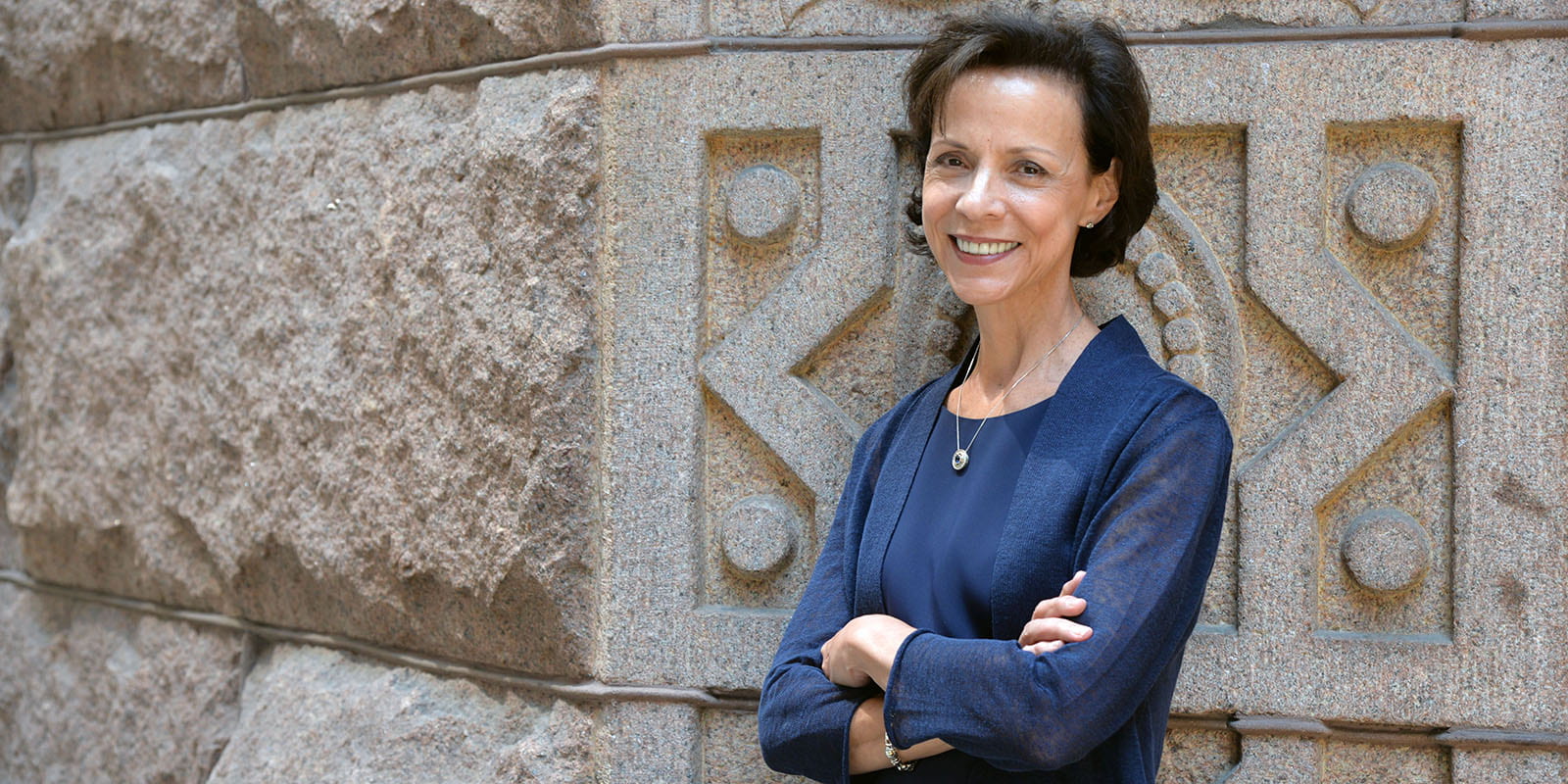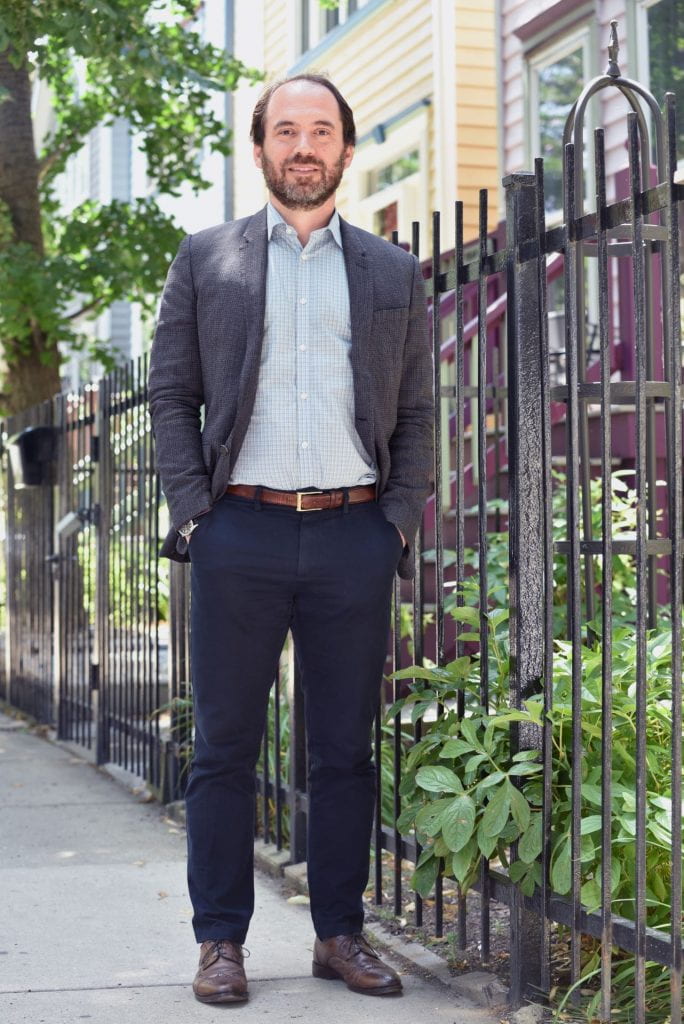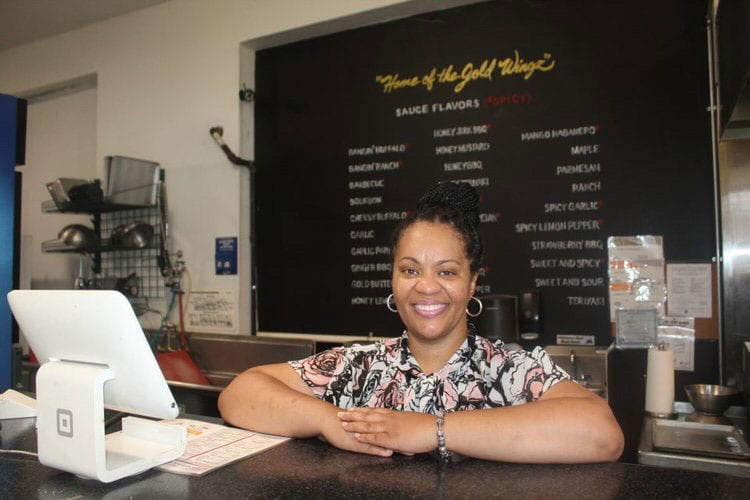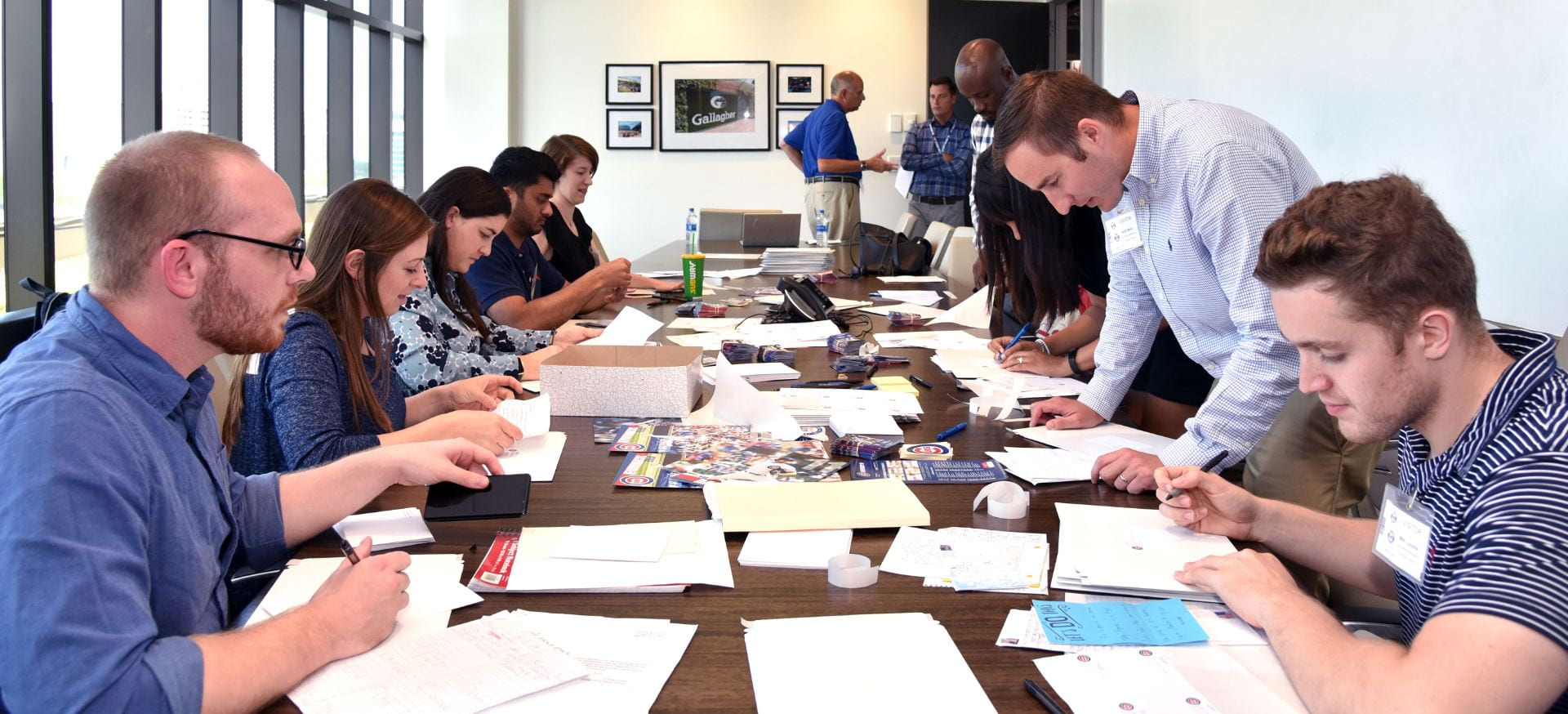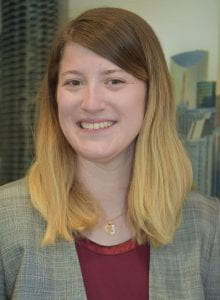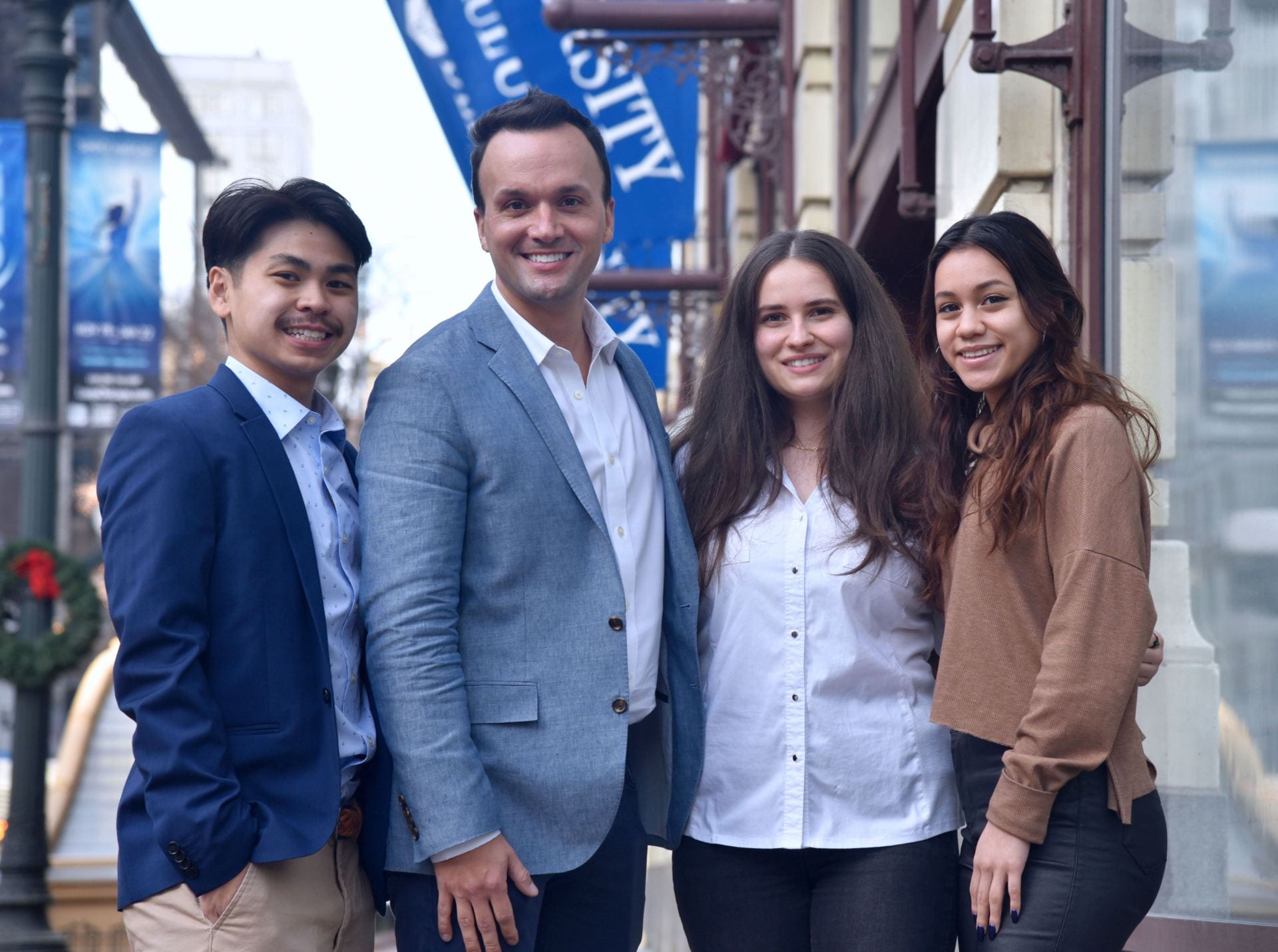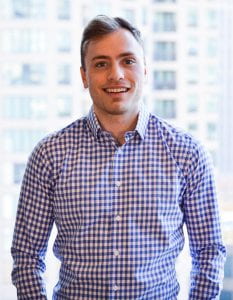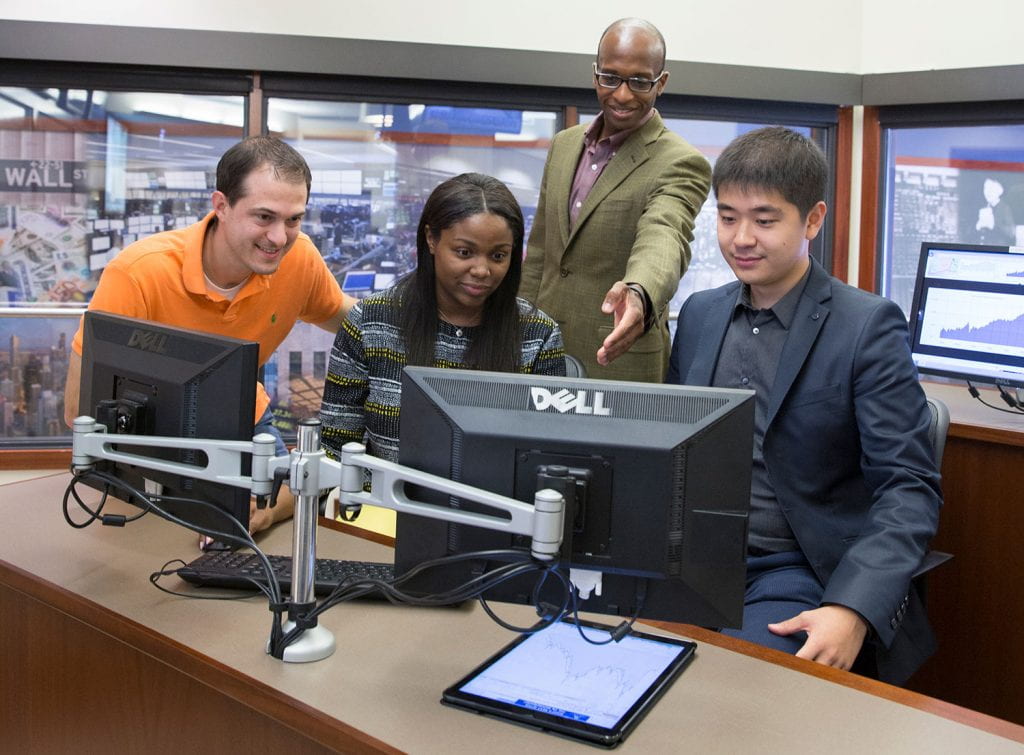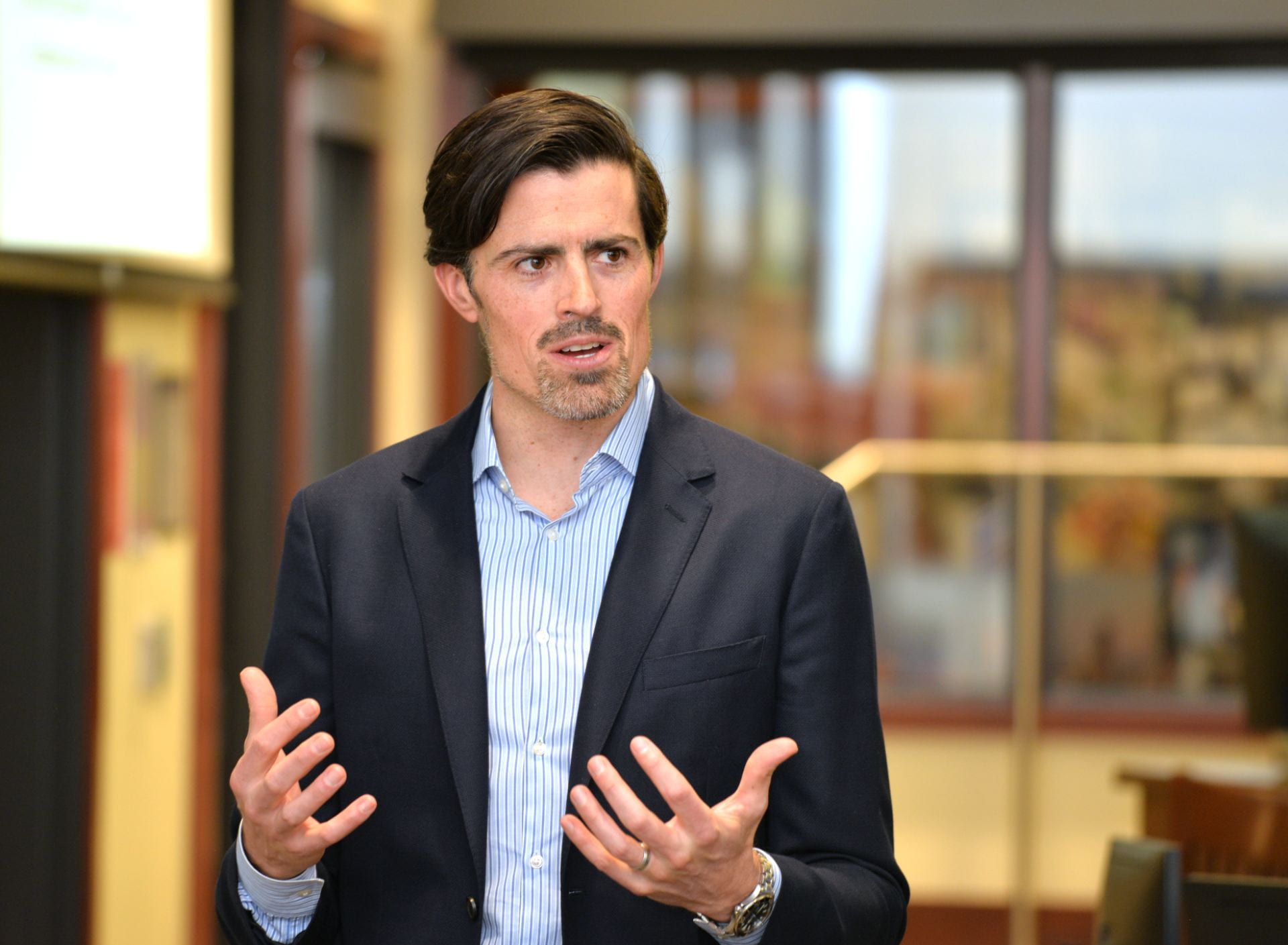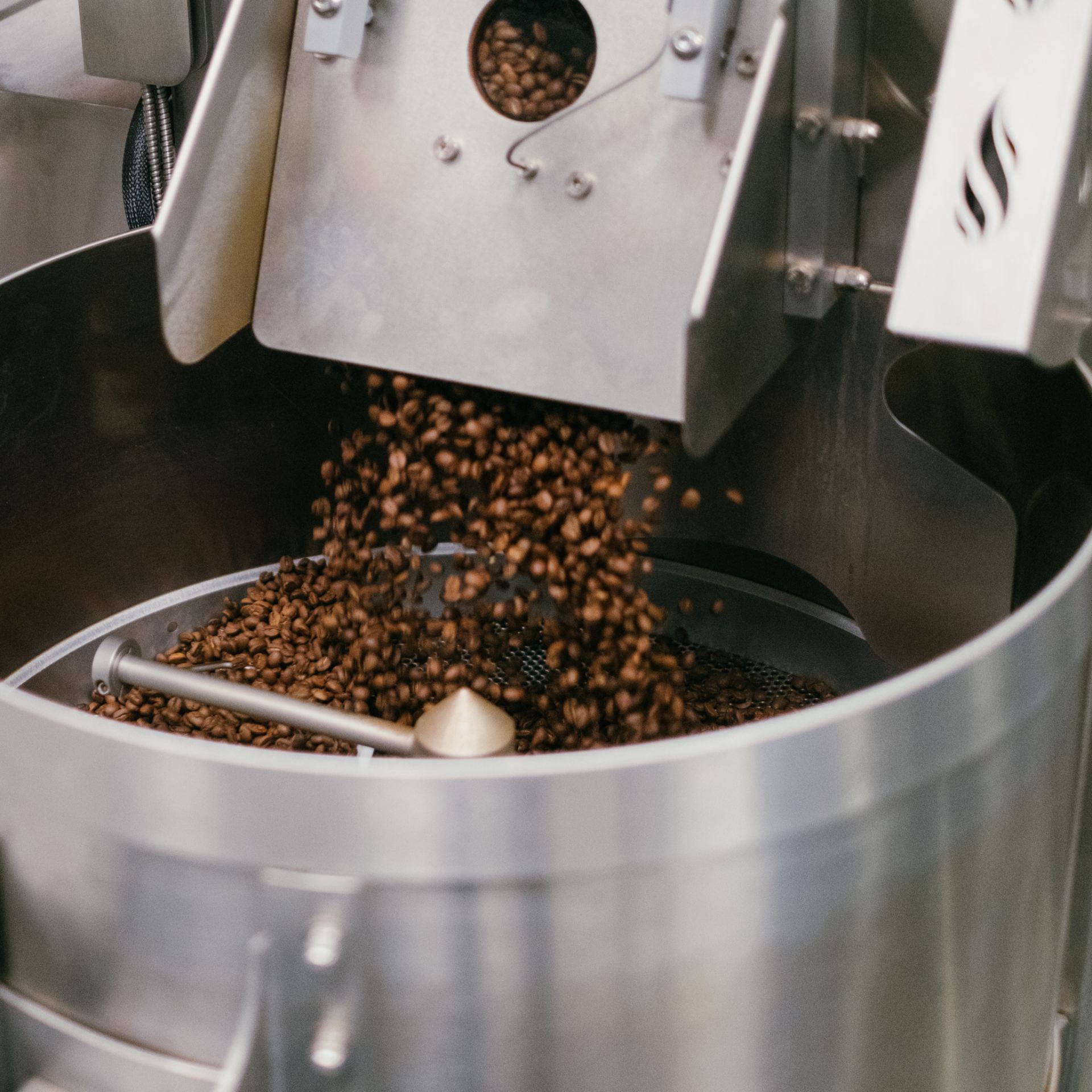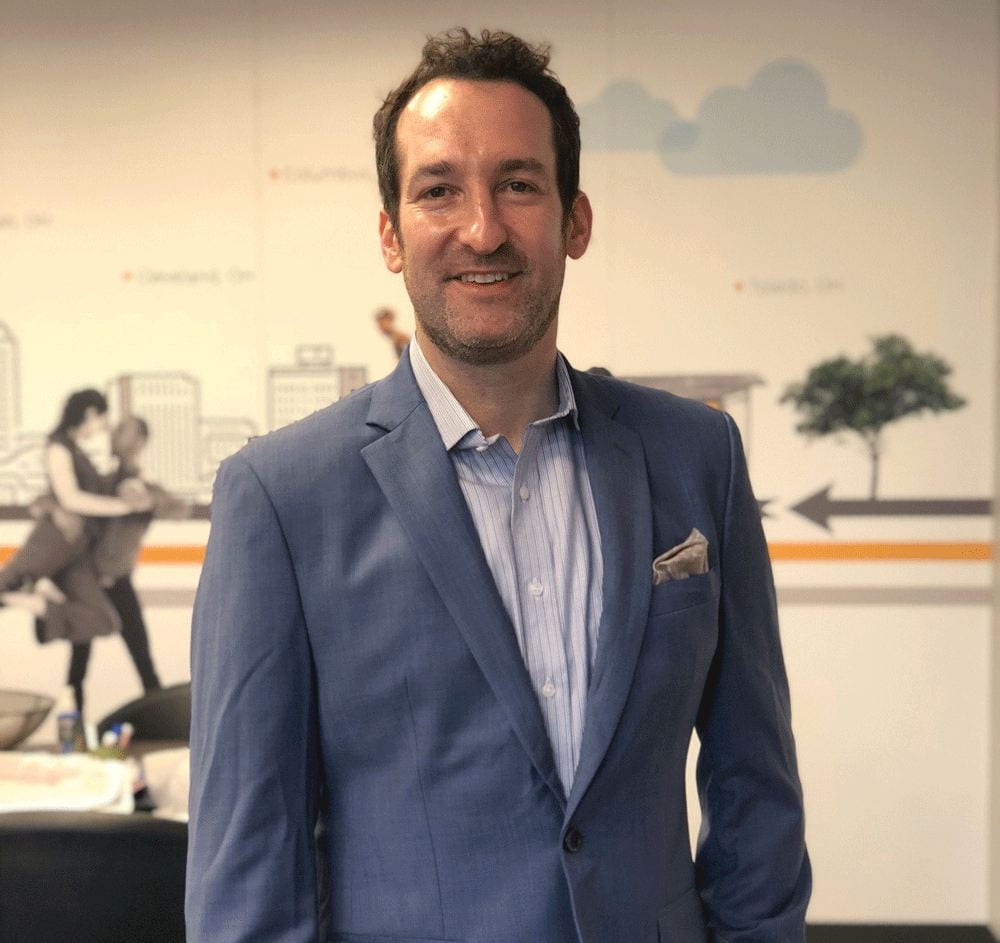
Entrepreneur Russ Gottesman’s first venture, CommuterAds, began as a business idea he pitched to win the 2008 New Venture Challenge, an annual student competition for aspiring business founders sponsored by DePaul’s Coleman Entrepreneurship Center.
Today, Gottesman (MBA ’11) is CEO of CommuterAds, a Dayton, Ohio-based business that has placed more than $25 million in audio and digital advertising on public transit vehicles using a patented GPS-enabled system. Always seeking new ideas to turn into businesses, he also recently launched Cocktail Claw, a franchise that brings arcade claw machine fun to a wide range of celebrations.
In this Q&A, Gottesman talks about his entrepreneurial inspirations and how he’s giving back to the next generation of student and alumni innovators through his continuing involvement with the Coleman Entrepreneurship Center.
Tell us about your most recent venture, Cocktail Claw.
This is my favorite part of entrepreneurship, starting new ventures and seeing them take root. In July 2019, I bought a claw machine from a laundromat in Louisville to surprise my daughter, Avery, for her sixth birthday, as she an avid claw machine advocate AND winner!
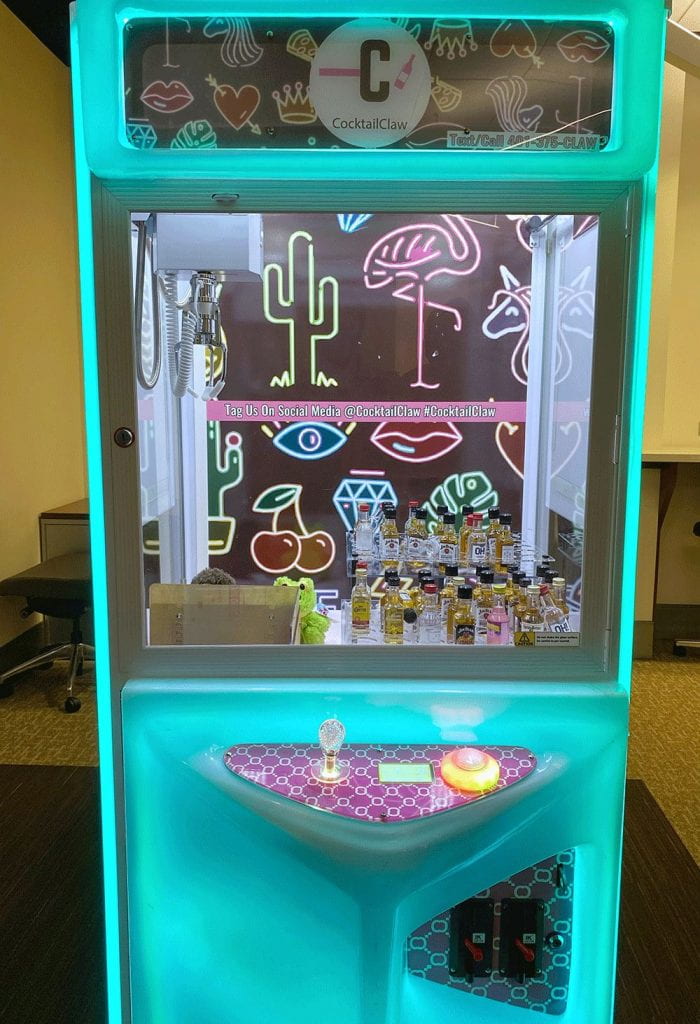
I went to the CommuterAds office to tell my team about Avery’s birthday present and said, “Hey, let’s fill that machine with miniature bottles of booze and cigars and I’ll invite the whole team over!” Boom, what a great idea for weddings, charities and other parties, I thought! Cocktail Claw was born.
We are now one of a small number of companies that have successfully franchised their business model, having sold franchises in Ohio and Michigan. Just last month we were approved to sell franchises for Cocktail Claw in Illinois, too, and are actively looking for partners to join our family. In addition, and taking a lesson from CommuterAds, Cocktail Claw successfully secured a service mark and has several patents filed for both new tech and design patents.
The greatest part about our newest venture is that we work with partners on their brightest days. Weddings, backyard parties, corporate parties are a core market, and charities also utilize Cocktail Claw. That has been so rewarding.
Why did you choose to attend DePaul and how has being a Blue Demon impacted your career?
Choosing DePaul for my graduate studies was one of the easiest decisions I’ve ever made. I applied to exactly one graduate school program – DePaul – because it’s consistently well-ranked for entrepreneurship. In the summer of 2007, I decided to pursue my Master of Business Administration with a dual concentration in entrepreneurship and in strategy, execution and valuation.
DePaul’s entrepreneurship ecosystem added to my career trajectory in immeasurable ways. The Coleman Entrepreneurship Center’s mentor system and in-depth workshops are designed to build base platforms for emerging business—such as developing your company’s financial models, go-to market strategies, marketing concepts, pricing, social media and all things needed to launch a business. These resources are incredible. But it’s the Blue Demon connections that make the most impact, where we are always one phone call away from finding the best person to help solve a complex start-up or business challenge.
A major influence on my small business experience also came from DePaul superstar lecturer Dr. (Mark) Frigo. He wrote a book titled “Driven,” which utilizes the return driven strategy framework that really is a blueprint for what comes next after your business gets to market.
As a Coleman Entrepreneurship Center board member, how are you helping the next generation of DePaul entrepreneurs?
One of the most satisfying parts of achieving some form of long-term small business success is being able to shape the next generation of DePaul entrepreneurs who are some of the most talented, diverse and creative groups of students you could ask for.
The CEC allows our entire group to collaborate on constant innovation for our students. This, in short, means that we are collaborating to create new in-person programs and chart the overall path for both the short and long terms. (CEC Executive Director) Bruce (Leech) has done an incredible job assembling the most talented group of individuals that I have seen serve on any board I’ve been fortunate enough to be a part of. That adds up to sustained success for all students at DePaul who may touch entrepreneurship in some form or fashion.
What connections have you made among other alumni?
The Coleman Center is the heartbeat for the program and a main benefit of joining up with DePaul’s entrepreneurship program is for the community.
For example, through this community I connected with Fern Visutvattanasak (BUS MS ’18), who is now marketing and operations account director for Commuter Ads and also is helping to market Cocktail Claw.
I met Fern through the Coleman Entrepreneurship Center when she was an MS in Marketing Analysis student. She is a supremely talented marketing pro originally from Thailand and as part of her student visa work program, Bruce and I were looking for possible positions for her to apply this talent. Fern has been with our companies ever since and recently started her fourth year overseeing marketing and brand management, building various social media platforms and overseeing a dozen interns to make CommuterAds and Cocktail Claw stand out.
What’s the best thing about being an entrepreneur?
It’s one thing to have an idea and it’s another to have the organizational skill set required to be successful in business and in life. It’s quite another to pull these two things together and see a business concept you had simply in your mind explode onto the scene. For example, the sheer joy that Cocktail Claw brings to the people who rent the machines and their guests who use them is just awesome! Same goes for helping public transit agencies create new revenue streams utilizing our patent at CommuterAds.
Second is developing new tech to create credible genuine assets. For CommuterAds we secured a patent, a major milestone achieved, and first filed when I was a student at DePaul. We are the sole company in the country to offer our GPS messaging platform onboard public transit vehicles and would like to significantly expand our partnership base post pandemic.
Next, we knew that we had to innovate our offerings for Cocktail Claw. We had listened to our customers who were early adopters of Cocktail Claw, which launched months before the pandemic closed down much of the country. Brides were saying, “Should we rent a photo booth or a Cocktail Claw?” The innovator in me decided it was time to develop new tech that would wire the claw machine to a photo booth that snapped pictures of happy guests playing Cocktail Claw! We recently launched this new product at the Las Vegas Wedding MBA convention to wild success.
Being able to control your destiny through new market innovation is an incredible feeling.
By Robin Florzak | Photos courtesy of Russ Gottesman
